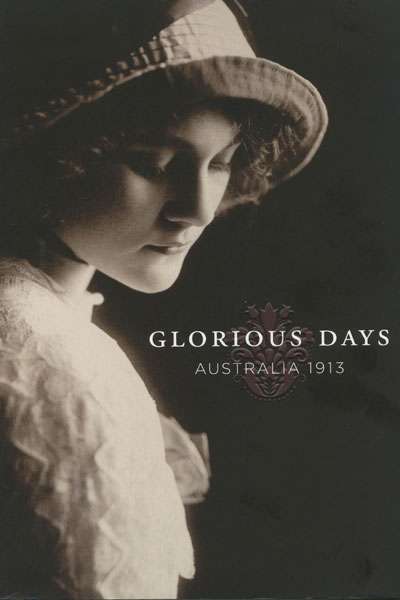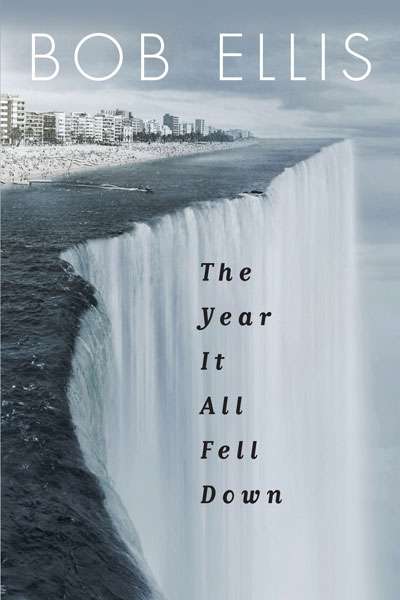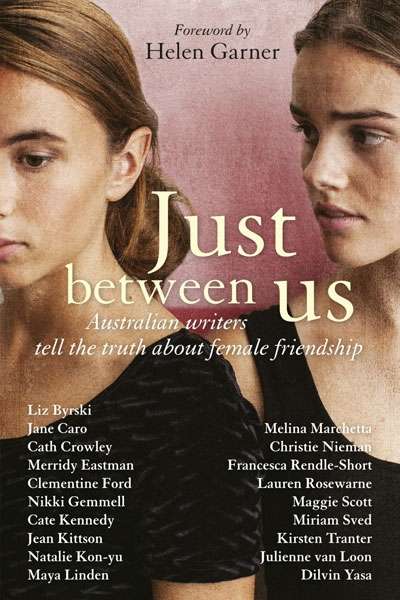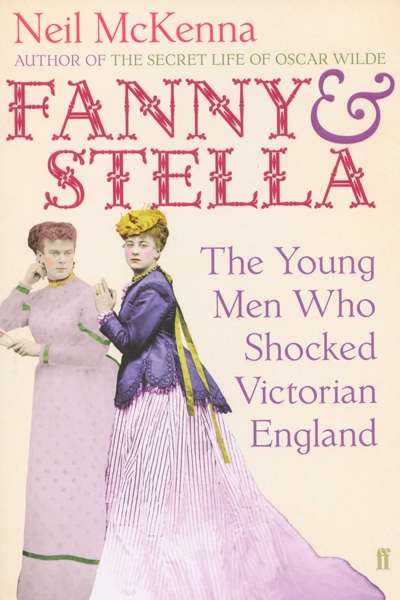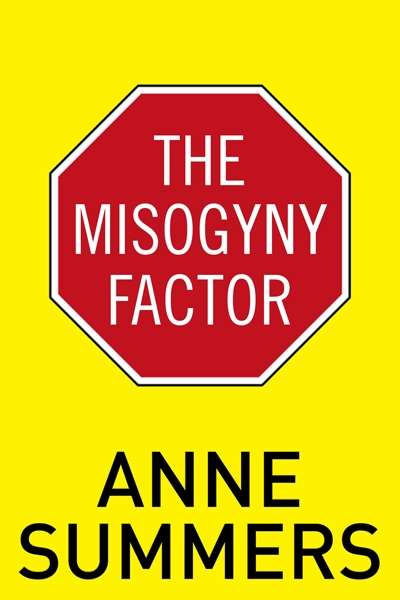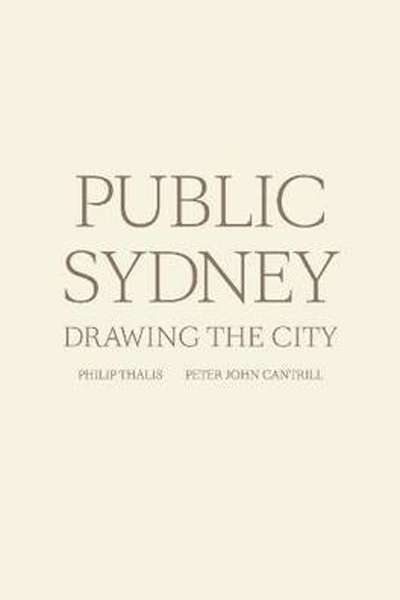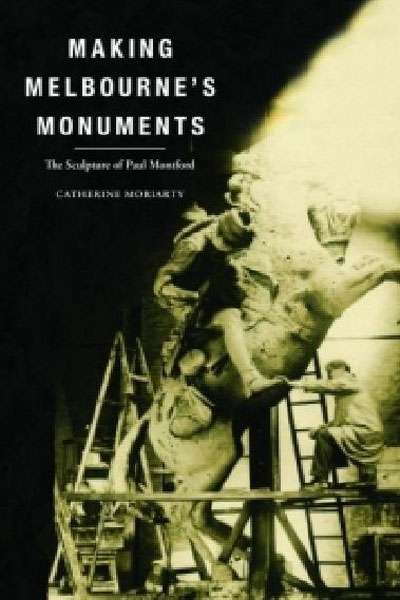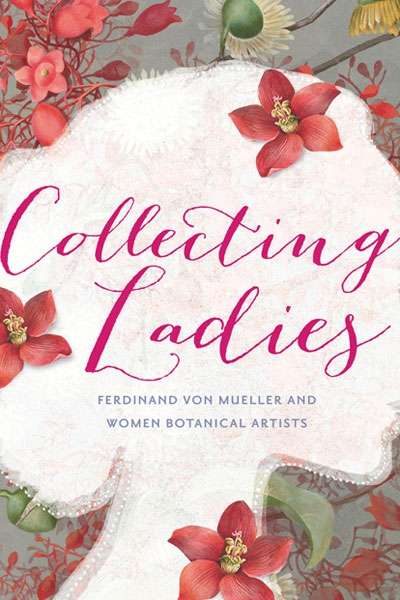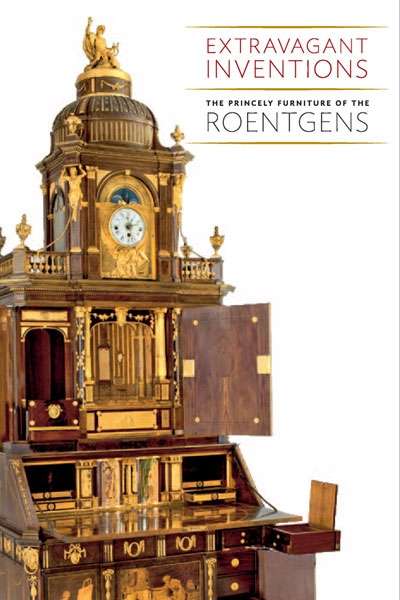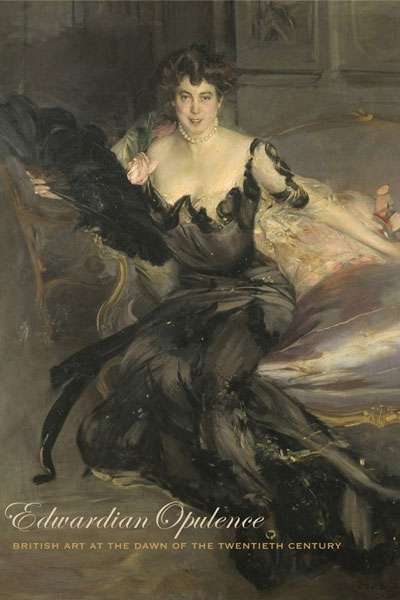Non Fiction
Glorious Days: Australia 1913 edited by Michelle Hetherington
Not altogether surprisingly, the centenary this year of the foundation and naming of Canberra as the national capital of Australia has passed without any conspicuous celebration of the event beyond the confines of the city itself. Conceived to embody and represent the aspirations of the new Australian nation, unfettered by the rivalries and jealousies of the states, Canberra has always been held in grudging regard by the very nation it was established to serve – the grudge perhaps greater than the regard.
... (read more)In The Year It All Fell Down, journalist Bob Ellis revisits 2011, a year that, as the title suggests, produced social and political change on a global scale. The text provides a month-by-month account of this dramatic time. Ellis covers the Queensland floods and the Tōhoku earthquake and tsunami ...
... (read more)Just Between Us: Australian Writers Tell the Truth about Female Friendship edited by Maggie Scott et al.
Friendship between women is ideal. It is affectionate and nurturing, founded on generosity and mutual love. It is intimate and loyal, because you can tell your best friend anything and she won’t betray you. It lasts a lifetime.
... (read more)Fanny and Stella: The Young Men Who Shocked Victorian England by Neil McKenna
The trial of Frederick Park and Ernest Boulton in 1870 might have been designed for the media to whip up public outrage in a familiar mix of moral disapproval and prurient detail. As Neil McKenna’s Fanny and Stella reveals, this was indeed the intention of the British government of the day.
... (read more)Julia Gillard’s magnificent tirade against Tony Abbott in parliament last year has given Anne Summers her title for The Misogyny Factor, a polemic on the landscape of sexism and disadvantage in Australia based on two of her own recent speeches. Hillary Clinton’s distinction between progress (the signs of how far we have come) and success (enduring changes in attitudes and structures) provides another important point of reference. A strong believer in affirmative action, Summers documents startling statistics about persisting discrepancies between the sexes in income, representation in positions of power, and recognition and rewards.
... (read more)Public Sydney: Drawing the City edited by Philip Thalis and Peter John Cantrill
Public Sydney: Drawing the City is a large and beautiful book. Its size recalls William Hardy Wilson’s Old Colonial Architecture in New South Wales and Tasmania (1924) and other folio-sized books produced by architect–authors such as Andrea Palladio, James Stuart and Nicholas Revett, and Richard Phené Spiers. Their luxurious size was dictated by the reproduction of drawings at a scale where maximum information might be imparted – like the encyclopedic data provided by a map or an atlas, or an architect’s working drawing. The size of Public Sydney has been determined by the scale of Sydney’s plan view, and special note should be made of the book’s consistent placement of historic drawings – very carefully done – so that, at various moments, one can deduce a longitudinal account of the city’s development.
... (read more)Making Melbourne’s Monuments: The Sculpture of Paul Montford by Catherine Moriarty
When Paul Raphael Montford (1868–1938) settled in Melbourne in 1923, one press report claimed that he was ‘one of England’s best-known sculptors’, but despite having created works for the façade of the Victoria and Albert Museum and for Westminster Abbey, as well as numerous public sculptures in Australia, his work is not well known in either country. His reputation has always been overshadowed by his infinitely more successful and slightly older contemporary and rival, Bertram Mackennal.
... (read more)Collecting Ladies: Ferdinand von Mueller and Women Botanical Artists by Penny Olsen
We are used to modern science being conducted as a collaborative effort involving teams of researchers in laboratories, but imagine a huge research project requiring thousands of researchers and covering every corner of an entire continent (and beyond) being organised successfully with no telephone or Internet.
... (read more)Extravagant Inventions: The Princely Furniture of the Roentgens by Wolfram Koeppe
Such was the esteem of the Roentgens – father Abraham and son David – that fourteen years after David’s death in 1807, Goethe, whose father owned Roentgen furniture, knew that his readers would appreciate the metaphor. Probably not since the Great bed of Ware, c.1590 – referred to by Sir Toby Belch and in Ben Jonson’s Epicœne – had furniture such a famous literary champion. The Roentgens were not just ordinary cabinetmakers. Indeed, they were among the most celebrated European furniture makers of the second half of the eighteenth century.
... (read more)Edwardian Opulence: British Art at the Dawn of the Twentieth Century edited by Angus Trumble and Andrea Wolk Rager
Edwardian Opulence is the book for the sumptuous survey exhibition of Edwardian art which was shown at the Yale Centre for British Art from 28 February to 2 June 2013. It is a sweeping look at the visual arts in Britain in all its manifestations during the period roughly corresponding with the reign of Edward VII. This substantial book contains important essays by the curators, Angus Trumble and Andrea Wolk Rager, as well as contributions from leading art historians such as Tim Barringer, Pamela Fletcher, Elizabeth C. Mansfield, and Alexander Nemerov. Many of the paintings, sculptures, photographs, and works of decorative art in this publication reflect the supreme self-confidence and wealth of the ruling élite at that time. However, it was also a period of dramatic change; and this too is reflected in the publication.
... (read more)

